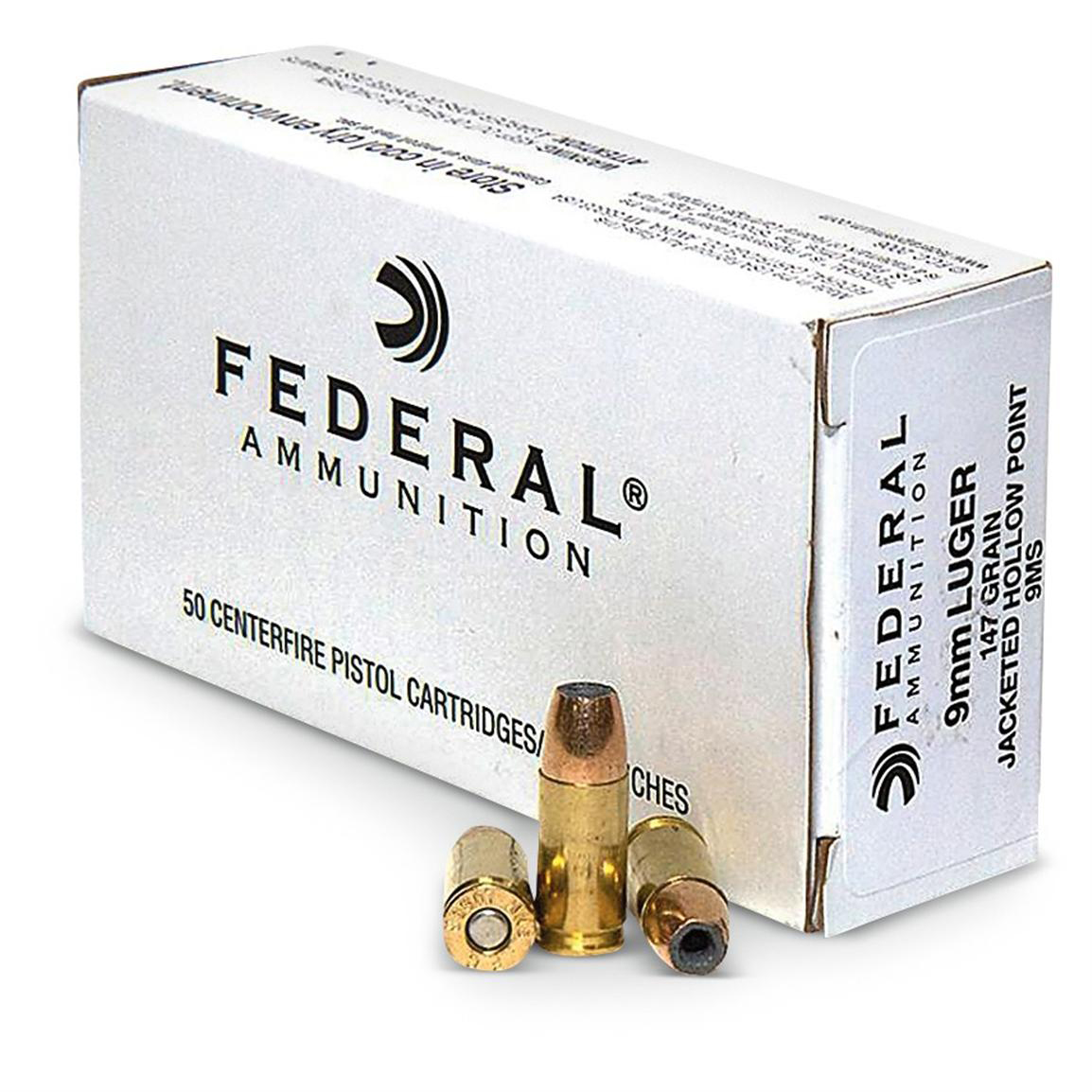We’re still doing a weekly newsletter … we’re just posting pieces of it every day. The news is fresher this way …
BITING THE BULLET
In the early morning hours of July 10, 2014, gunfire broke outside of Willard’s Bar in St. Paul, Minnesota. The police showed up, they arrested Leonard Hill. When they frisked him, they found 23 rounds of Federal Premium 9-mm ammo in his pocket, but no gun.
Assuming Lenny got rid of the gun before the police showed up, he might have been feeling smug. No gun, no felon-in-possession charge, right?
Wrong. If Lenny had read 18 U.S.C. § 922(g), he would have noted that it prohibited not only possession of a firearm, but of the ammunition that goes in it. What’s more, Congress wrote the statute with a little twist that was about to bite Lenny in the fundament.
 The felon-in-possession statute does not prohibit a felon from possessing any firearm, but rather just one that traveled in interstate commerce. Do you need a Tommy gun but have a record? Move to Massachusetts, where Auto-Ordinance manufactures .45 caliber replicas of the Thompson submachine gun (in semi-auto only, but they’re beautiful pieces of work). Living in Boston, you can carry an Auto-Ordinance “Tommy” no matter what your record may have on it.
The felon-in-possession statute does not prohibit a felon from possessing any firearm, but rather just one that traveled in interstate commerce. Do you need a Tommy gun but have a record? Move to Massachusetts, where Auto-Ordinance manufactures .45 caliber replicas of the Thompson submachine gun (in semi-auto only, but they’re beautiful pieces of work). Living in Boston, you can carry an Auto-Ordinance “Tommy” no matter what your record may have on it.
But even though 18 U.S.C. § 922(g) covered ammo, Lenny still figured he had an out. Federal Cartridge ammunition is manufactured in Anoka, Minnesota, so the rounds in his pocket were as native to the state as the Honeycrisp apple. But as with everything in the law, there’s a catch. A firearm does not move in interstate commerce unless it is already a firearm when it is shipped across a state line. Thus, the steel in the receiver may come from Pennsylvania, the wood in the stock from Malaysia, and the anodized finish from Anodazia. The burp gun itself did not acquire firearm status until it was manufactured into a firearm in the Bay State. But ammunition is different.
The statute not only prohibits a felon from possession the finished ammo product, but also bans “ammunition or cartridge cases, primers, bullets, or propellant powder designed for use in any firearm.” 18 U.S.C. § 921(17)(A). In this case, the government put a long-time Federal Cartridge employee on the stand, who took apart one of the rounds Lenny had been carrying and sep arated it into its components. He was able to date the round as being no older than 2011, and testified that while the cartridge case, the primer and the bullet were made in Minnesota, the powder was not. Instead, it was a very particular kind of ball powder made by a single manufacturer in Florida, and was thus as southern as an orange grove.
arated it into its components. He was able to date the round as being no older than 2011, and testified that while the cartridge case, the primer and the bullet were made in Minnesota, the powder was not. Instead, it was a very particular kind of ball powder made by a single manufacturer in Florida, and was thus as southern as an orange grove.
Last week, the 8th Circuit upheld Lenny’s conviction. The Court said that based on the expert testimony, a rational jury could find beyond a reasonable doubt that Federal Cartridge Co. used propellant powder manufactured outside of Minnesota at the time it produced the ammunition seized from Hill. The expert testified that Federal Cartridge purchases all of the powder it uses from outside the state of Minnesota. In this case, not only was the expert able “conclude the propellant powder was manufactured outside of Minnesota, but he was able to identify the specific supplier for the ammunition seized from Hill because he recognized it as ball powder unique to St. Marks, Florida… Accordingly, the government established the ammunition seized from Hill was in or affecting interstate commerce.”

And what was the point of nailing Lenny Hill for a few rounds of ammo? First, the police were convinced Lenny was up to no good (and had probably been the shooter), but they couldn’t prove it. Second, Lenny’s felony priors were not for insider trading: he had either crimes of violence or drug trafficking in his background, while underscored police suspicions about Lenny’s activities, and let prosecutors hang an Armed Career Criminal Act sentence on Lenny. He was sentenced to 192 months, which works out to over 8 months for each round in his pocket.
The lesson? Sure felons can own guns – intrastate guns – but the likelihood they can lawfully possess any ammo is pretty unlikely.
United States v. Hill, Case No. 15-3350 (8th Circuit, August 2, 2016)

